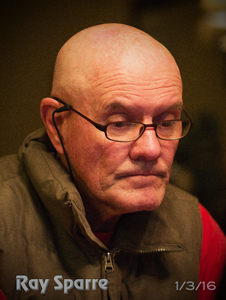
It’s kind of a crazy holiday out there right now where the scarier things are, the better. I judge that much of it is a preoccupation with diabolical evil—ghosts, witches, death, and demons. And our culture treats it as though it was not really real—that witches, demons, and evil are like cute little harmless toys to play with. As a kid, I quite liked dressing up and getting a bunch of free candy, but my present more mature Biblical orientation forces me to be a bit scared of Halloween, because the deceptive message that it all conveys to young minds is not entirely harmless.
Notice what this woman did not do. She did not run back to the village and proclaim, “Hey, folks, listen up! I found the Christ! You must go out to meet Him!” Very likely most who heard such words would have responded, “Oh sure!—right!—fat chance!”—and would have carried on with what they were doing. But what this woman did do is (1) she gave a brief word of testimony of what Jesus had said and done to her, and (2) she appealed to the interest and curiosity side of people by simply raising a question that can only be addressed when the hearers check into the matter for themselves—“Could this not be the Christ?” I think we can learn a lesson or two from this Samaritan lady.
I remember very little from a course in Philosophy that I took a long time ago. But I do remember that the professor was quite fond of the Greek philosopher/teacher, Socrates. I remember that Socrates was a skilled technician in asking questions that would lead a student to a desired logical conclusion. This form of teaching and learning has come to be known as the Socratic Method. It has, in many cases, proved to be far more effective than the cold, cut-and-dried lecture method. It’s a method that this woman used with her fellow villagers. And it was highly successful. Many who went out to see and hear Jesus came to exclaim later to this woman, “We no longer believe just because of what you said; now we have heard for ourselves and we know that this man really is the Savior of the world” (John 4:42). I think that represents the ideal conversion experience.
I want to end with this personal pertinent question: Can you think of some good questions to ask and raise in the minds of people you know or meet that could lead them to investigate for themselves the claims of Christ and the validity of God’s Word?